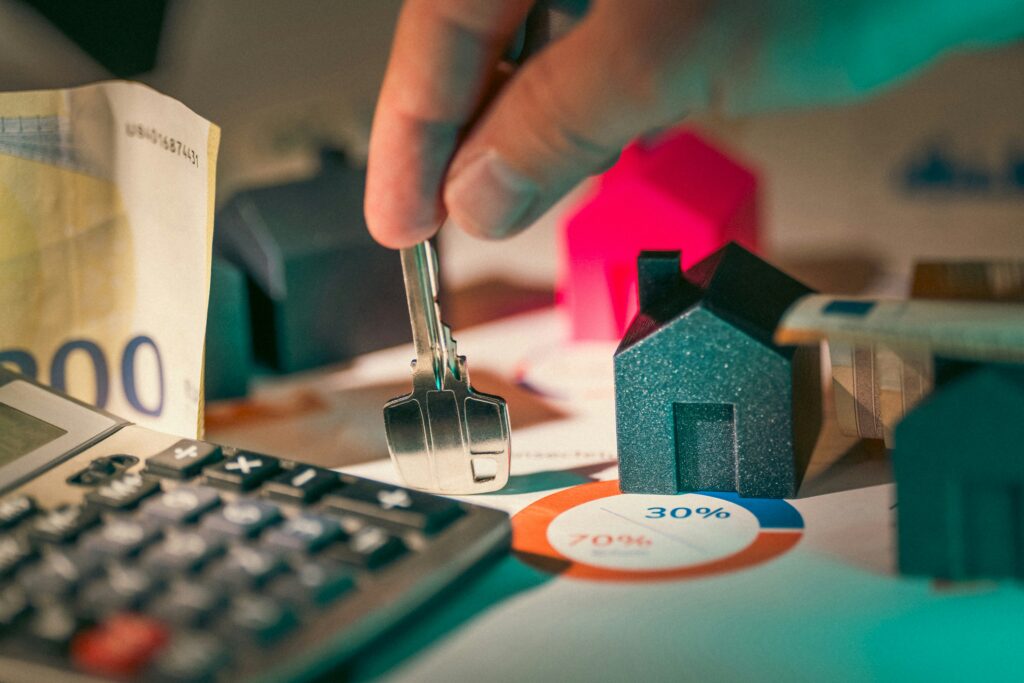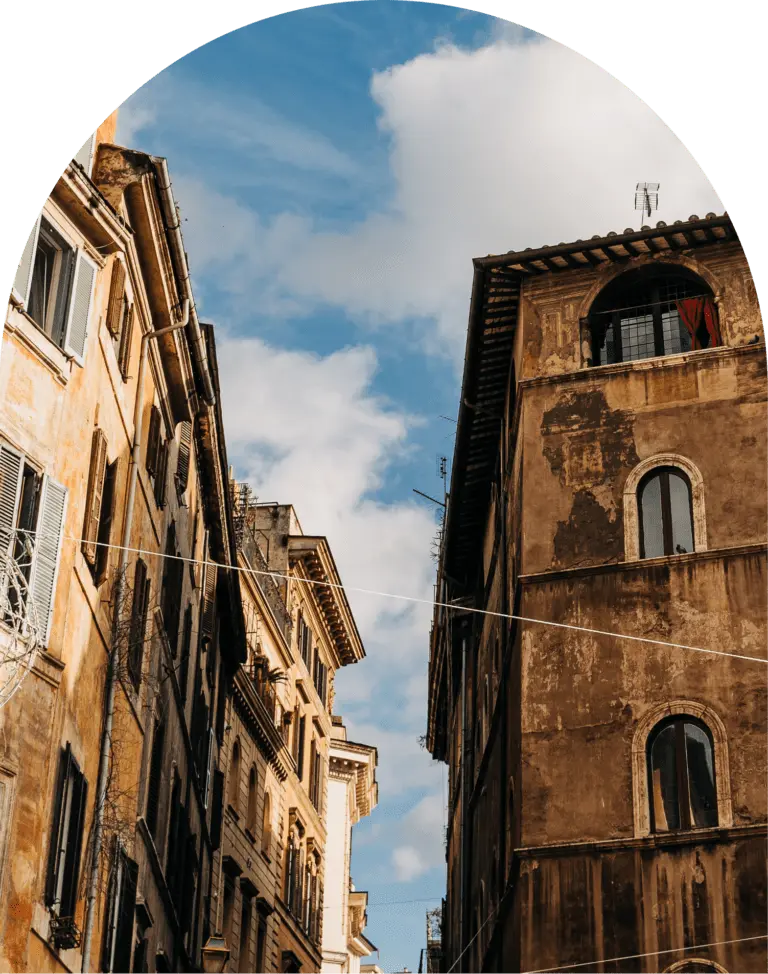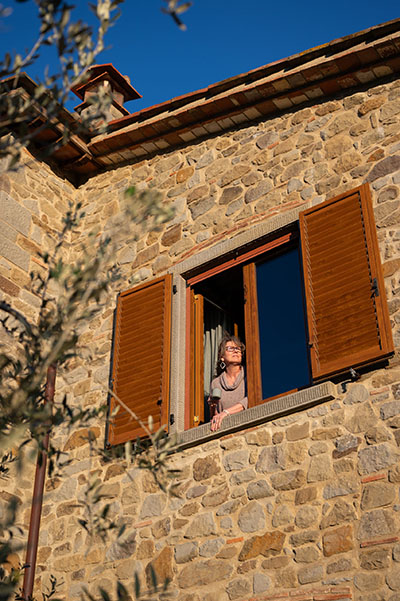Purchasing property in Italy is a dream for vacationers and investors alike. Whether you are looking for a vacation home in Tuscany, a pied-a-terre in Rome, or a permanent residence in Puglia, understanding the mortgage process can be very helpful. As a foreigner, obtaining a mortgage in Italy comes with unique challenges and extended timelines, but it’s certainly possible with the right preparation and support. Here’s what you need to know:
Residency Status and Implications
While EU residents have an easier path, often needing only to demonstrate a stable income source, foreign residents are also able to obtain mortgage financing in Italy.
There are no specific legal prerequisites for owning property in Italy as a foreigner. However, if you want to obtain a mortgage you will need:
- A valid Italian fiscal code (codice fiscale)
- A bank account in Italy (for mortgage payments)
- Property insurance (often required by lenders)
As an expat, you are likely to face slightly higher interest rates than Italian citizens. This is due to both government incentives offered to citizens and the higher risk usually attributed to foreign buyers. Both fixed and variable rate mortgages are available.
Critically, local bank branches might be unable to service international clients due to lack of preparation and English-speaking staff. With the help of a mortgage broker, however, foreign clients are often able to obtain access to various forms of financing.
What Can Be Financed?
Foreign residents are usually able to finance:
- Residential property purchase (whether primary residence or vacation home). The property must be free of any legal issues.
- Small renovation of existing residence. The borrower must provide building permits (permesso a costruire) and a budget of all project costs.
The type of property and its intended use can affect the terms of your mortgage, including the loan-to-value ratio and interest rates. In general, if your income is earned outside of the EU, most banks will be willing to finance up to 50% of your purchase / renovation value.
Acceptance Criteria and Income Requirements
Banks in Italy have strict acceptance criteria for mortgage applicants, especially for expats. Key factors include:
- Income stability: Most banks require a stable income source. For employed individuals, this often means having a full-time employment contract (equivalent to the Italian contratto a tempo indeterminato). Landing criteria may be more stringent for freelancers and business owners with volatile income.
- Debt-to-income ratio: Generally, your monthly mortgage payment should not exceed 30-35% of your net monthly income.
- Credit history: While Italy doesn’t use a credit scoring system like the U.S., banks will assess your financial reliability based on your past credit history.
- Age: Most Italians bank will not allow the mortgage to terminate after the borrower’s 75th year of age.
- Duration: Italian mortgages have a maximum term of 25 years.
Income requirements can vary, but as a general rule, your annual income should be at least 3-4 times the annual mortgage payment. Some banks may have higher requirements for non-residents.
Try out Idealista’s mortgage payment simulator to get an idea of what your mortgage payment will be.

Required Documents
To apply for a mortgage, you’ll typically need:
- Biographical information, including age, marital status, address of residence, etc.
- Valid international passport or EU identity card (if permanent EU resident);
- Italian fiscal code (codice fiscale);
- Employment contract or business ownership documents;
- Documents providing evidence of your income:
- Last 2-3 years of tax returns
- Recent pay slips (usually the last 3-6 months)
- Bank statements for the last 6-12 months
- Property details, including floor plan, previous deeds, certificate of occupancy (certificato di agibilità) and a copy of the preliminary purchase contract.
For self-employed individuals or business owners, additional documents such as business financial statements may be required.
In some cases, such as when the borrower does not have stable income or when mortgage payments are judged to be cumbersome, the lender may require additional guarantees. A common guarantee is the surety bond, issued by a third-party guarantor who becomes liable for the repayment of the loan.
The Application Process
The mortgage approval process for foreign clients can be somewhat long, ranging from two to four months. This extended timeline is due to the additional due diligence required for foreign clients. The process of obtaining a mortgage in Italy is similar to that of most western countries, with one exception: the intervention of a notaio. The approval process is as follows:
- Initial application and document submission
- Loan underwriting
- Property appraisal
- Notaio report
- Offer of mortgage terms
- Final approval and signing of contracts
Seek Professional Assistance
Given the complexity of the process and potential language barriers, it’s highly advisable to obtain assistance while searching for the right financing solutions.
It is especially important to work with a reputable mortgage broker experienced in mortgages for foreigners and non-EU citizens. If you are not fluent in Italian, it is also advisable to work with an interpreter or translator in order to make sure you understand the contractual obligations you are taking on.
While securing a mortgage in Italy as an expat requires preparation and extra patience, it’s an achievable goal with proper guidance. At Dolce Living, we’re able to connect you with local, reputable professionals who can assist you at every step of the way.








